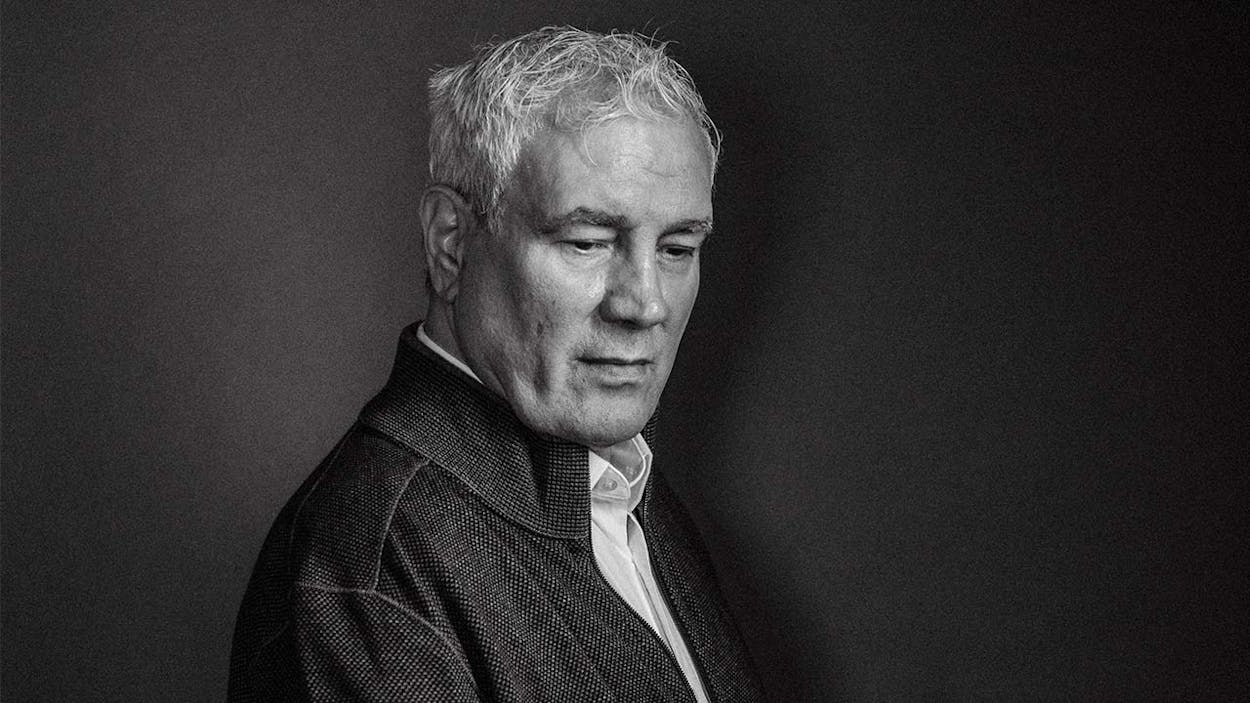Forty years ago this summer, a 22-year-old secretary named Linda Jo Edwards was found brutally murdered in her apartment, in Tyler. Authorities zeroed in on a suspect, a long-haired misfit from out of town named Kerry Max Cook, who was charged with her death. Though Cook maintained from the beginning that he was innocent—and the police investigation was problematic in many ways—he was convicted at trial a year later. Branded a monster, a deviant, the most notorious killer in Smith County, he was sent, at age 22, to death row in Huntsville.
In June 2016 Cook’s legally fraught and bitterly fought journey ended when the Smith County DA’s office, after having sought Cook’s conviction four different times, finally agreed to set aside his verdict. At long last, Cook was exonerated. It should have been his greatest moment—the vindication he had wanted for more than three decades. Instead, his exoneration brought him not relief but fury: for years, he’d suffered the loss of his freedom and abuse at the hands of his fellow prisoners, and now, at least in his mind, the prosecutors who had sought his conviction so stridently got to walk away without so much as an admonition. Blinded by his anger—and unwilling to wait for his nemeses to face a court of inquiry later—Cook fired his attorneys and declared that he would just as soon have his wrongful conviction reinstated, saying, “I’d rather be convicted again than live with this lie.”
Soon after, he changed his mind again. He’d been upset, he explained. All he wanted was for the truth to come out. This incredible saga—and it is a saga—told by executive editor Michael Hall deserves every ounce of attention you can give it (“The Trouble With Innocence”). It is a gripping and important read, full of questions about the workings of Smith County’s legal system, our cultural biases, the nature of innocence, and what we expect from, and owe, exonerees. Hall deftly takes us through the excruciating moments Cook suffered over the many years he spent in the criminal justice system. The story invites us to grapple with the imperfections of that system, witness the toll it can take on those who fall victim to its flaws, and remember just how high the stakes are—for all of us.







